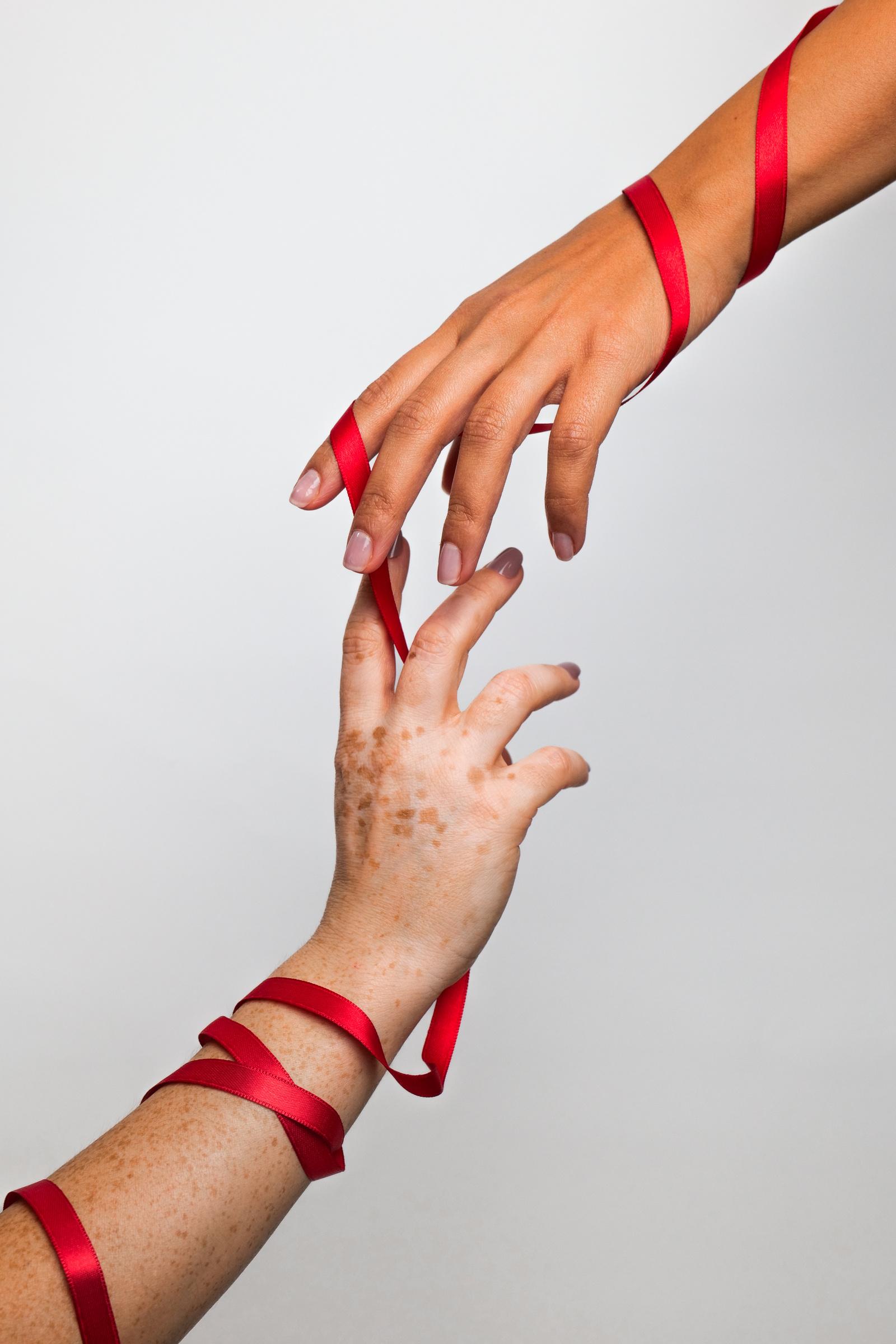
4 minute read
HIV/ AIDS and COVID-19, What These Pandemics Left Behind: One Clinician's Perspective
by FMHCA
Professional Experience Article
The global pandemic of COVID-19 was the catalyst that connected me through tele-mental health therapy with individuals of various nationalities, cultures, and beliefs, who were in need of professional counseling services, and seemingly, made the world a much smaller place. Together, we communally experienced the anxiety-producing destabilization of multiple socio-economic systems and collectively mourned a world void of the familiar.
Since the declaration of COVID-19, through over 500 virtual therapy sessions, I have listened to similar client testimonies about feeling left behind, voiced as anxiety and/or depression. I reflected on my practices during the late eighties and early nineties, interning in an HIV/AIDS clinic, conducting research, and counseling persons infected and affected with HIV, many of them developing full-blown AIDS For me, these client disclosures bridged how the COVID-19 and the HIV/AIDS pandemics defined and permitted us to publicly articulate our shared human losses Losses of social connections and attachments, physical mobility, freedom and autonomy, safety and predictability, financial security, control, justice, and the ability to protect our children, the elderly, and ourselves. These pandemics revealed the depth of unexpected, cumulative, collective, and anticipatory grief, and how its mask prevented individuals from seeking support earlier in their course of symptoms. COVID-19 and HIV/AIDS were more than epidemiological crises, they were and remain psychological ones.
David Kessler, a renowned grieving expert, references anticipatory grief as centering on death and the impending loss of a terminally ill loved one. The parallels between the COVID19 and the HIV/AIDS pandemics increased our awareness of anticipatory grief. I found most people expected to feel grief after death, but fewer were familiar with grief that arrived before death. Anticipatory grief is also common among people facing their own death or a progressive physical or health impairment.
HIV/AIDS and COVID-19 possess unique differences, including their global significance An obvious difference is that the HIV/AIDS pandemic did not leave a recovered population that could express their loss The COVID-19 pandemic, although continuing to take many lives, has left a recovered population. Both pandemics have left behind unprepared family members and extended personal relationships to deal with the loss. These two pandemics punctuated the grief experience before, during, and after the specific loss.
The Swiss American psychiatrist and pioneer of studies on death and dying, Elizabeth Kubler-Ross, has guided our understanding of the evolved stages of dying for those in grief. As mental health professionals, we’re cognizant of the nonlinear, five stages: Denial, Anger, Bargaining, Depression, and Acceptance. During the grief process, movement through the stages can occur and reoccur, disorderly. Therefore, emotional processing of loss cannot be neatly arranged and checked-off as being accomplished.
Grief is natural; most people are resilient and find their own personal coping mechanisms. However, perceived resiliency may prevent locating external resources, early in the grieving process. Many individuals turn their emotions inward to reckon with their loss in solitude. Healthy coping strategies allows feelings to be processed with support, gives insight to unresolved issues between you, the individual, or the impending loss, and assesses what your new normal will look like While there’s no way around the sometimes challenging and overwhelming experience of anticipated grief, coping strategies, such as those below, are beneficial to maneuver the task of mourning:
Keep journals to put words to losses to help move forward
Indicate what you ' re losing and what you ' ve lost individually and collectively
Reengage with social supports through phone calls, text messages, video, chat, social media, and visits, whenever possible
Educate yourself about what to expect
Talk to somebody who is also feeling anticipatory grief; find help through support groups
Live in the present time, anticipating the future, increases anxiety
Allow yourself to grieve at your own pace, not at a “socially” or “culturally” defined pace
Own your feelings, as they arrive
For those who still have access to the loved one, create memorable and enjoyable moments
Try to resolve issues from the past
As clinicians, our strength comes from broadening our knowledge on grief and trauma. It is through our professional growth that we will be better equipped to help the individuals that rely on our skills.
Written By: Marie Smith, Ph D , NCC, LPC-S, LMHC, CFMHE
Dr Smith has over 30 years of experience practicing in various settings such as adult prisons, juvenile detention facilities, hospitals, specialty clinics: for HIV/AIDS, substance use, and domestic violence She has worked in K-12 public schools and higher education Her specialties focuses on life events including trauma, resiliency, ACEs, and developmental disabilities She maintains a limited private practice and is licensed in Florida, Virginia, and Louisiana









